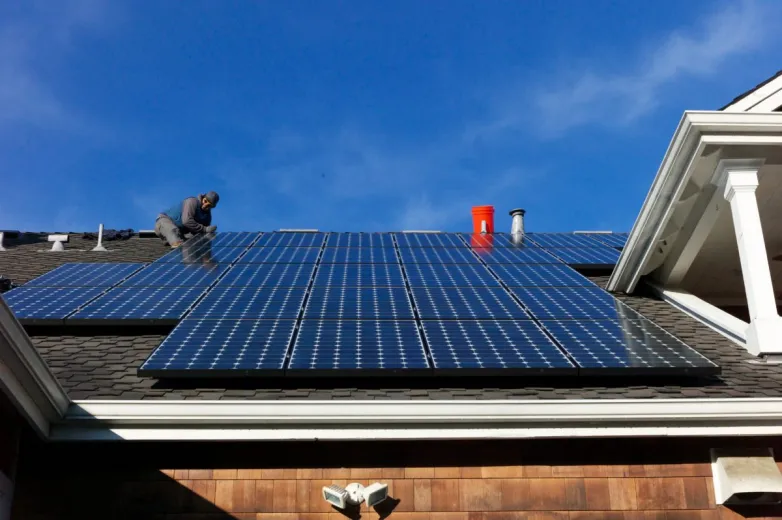Power-to-heat-to-power storage space for roof PV
- Researchers in Spain have actually analyzed the stability of 'power-to-heat-to-power storage space' in a property solar setup in Madrid. The innovation can decrease power costs by greater than 70% as well as would certainly have a 12 to 15-year repayment duration, according to the scientists.

Scientists at the Polytechnic University of Madrid have actually analyzed the expediency of keeping power created by roof solar as warmth which can after that be utilized to produce power when the sunlight isn't radiating-- 'power-to-heat-to-power storage space,' or PHPS modern technology.
The family system in Madrid researched by the researchers consisted of a very effective, thermally-driven heatpump as well as solar thermal collection agencies.
The 'trigeneration' system, or incorporated power, air conditioning as well as home heating (CCHP) modern technology consists of 2 sorts of warmth shop: a medium-grade or reduced one for residential warm water and also area home heating and also a state-of-the-art warmth shop for consolidated warmth and also power generation. The warmth created in the previous can be made use of for cooling down along with home heating need.
A referral instance was based upon grid power intake plus an electrically-driven heatpump for air conditioning.
Elements
The Madrid team stated elements consisting of the expense of grid power as well as gas as well as the cost as well as performance of PV varieties would certainly affect the ideal dimension of trigeneration systems. The scientists approximated a EUR900-1,200/ kW price for PV systems and also based their price quote of PHPS productivity on the resulting electrical energy financial savings.
A residential power-to-heat-to-power storage space system might drive grid electrical power financial savings of greater than 70%, according to the scientists, however would certainly need 12-15 years to spend for itself. "This applies also when the heat-to-power conversion [performance] is reasonably reduced (20-30%), offered that the financial problems agree with," the scientists specified.
The Madrid team acknowledged warm losses in the high-temperature thermal shop would certainly imply a PHPS system would certainly imply a solar energy self-consumption price of just 40-60%. "Possible means of decreasing these losses consist of the advancement of unique, ultra-dense warm shops at reasonably reduced temperature levels, or advanced thermal insulation [systems]," included the scientists.
Also read

